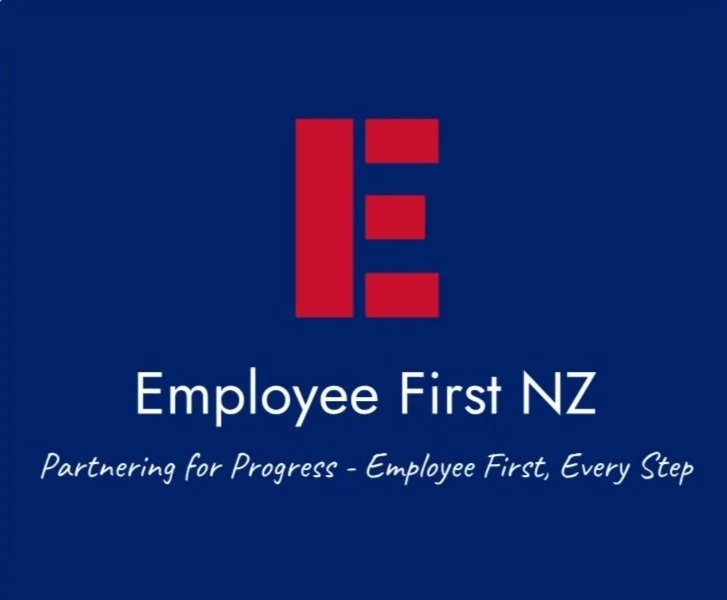Importance of Rest and Meal Breaks for Workplace Health
We all know that feeling when you're deep into work, focused on a task, and suddenly realise you've been glued to your screen for hours. But did you know that taking regular breaks isn't just good for your well-being, it's also a fundamental employment right in New Zealand? Let's dive into why rest and meal breaks are so important and what you and your employer need to know.
Why Breaks Matter
Breaks are crucial for more than just grabbing a snack or stretching your legs. They play a vital role in preventing fatigue, reducing stress, and promoting overall health and safety in the workplace. Taking regular breaks allows you to rest, refresh, and attend to personal matters, ensuring you can perform your work safely and effectively. It’s about creating a healthy work environment, both physically and psychologically.
Your Break Entitlements
So, what breaks are you entitled to? New Zealand law sets out clear guidelines for rest and meal breaks based on how long your work period is. Remember, a "work period" includes all authorised breaks, whether paid or not.
Here’s a simple breakdown of your minimum entitlements:
Working between 2 and 4 hours: You're entitled to one 10-minute paid rest break.
Working between 4 and 6 hours: You get one 10-minute paid rest break and one 30-minute unpaid meal break.
Working between 6 and 10 hours: You're entitled to two 10-minute paid rest breaks and one 30-minute unpaid meal break.
Working between 10 and 12 hours: You receive three 10-minute paid rest breaks and one 30-minute unpaid meal break.
Working between 12 and 14 hours: This expands to three 10-minute paid rest breaks and two 30-minute unpaid meal breaks.
Working between 14 and 16 hours: You're entitled to four 10-minute paid rest breaks and two 30-minute unpaid meal breaks.
These breaks must give you a reasonable chance to rest and refresh.
Timing Your Breaks
Ideally, the timing of your breaks should be agreed upon between you and your employer. This agreement should take into account the nature of your work, health and safety considerations, and the operational needs of the business. If there's no agreement, the law provides guidance on when these breaks should generally occur, often aiming for them to be roughly in the middle of your work period or spaced out appropriately.
Special Situations: Breastfeeding and Exemptions
Did you know there are specific provisions for breastfeeding? Employers are obliged to provide suitable facilities and breaks for employees who are breastfeeding or expressing breast milk at work, to the extent that is reasonable and practicable. These breastfeeding breaks are generally in addition to your standard rest and meal breaks, unless you and your employer agree that the same break can serve both purposes.
There are also limited exemptions to the break requirements for employers in essential services or those involved in national security. These apply if continuity of service is critical to public interest or national security, and replacing employees during breaks would incur unreasonable costs without compromising safety. Even in these cases, exempt employers must still provide compensatory measures, such as time off at an alternative time or financial compensation, if standard breaks cannot be given.
A Shared Responsibility
Ensuring you get your entitled breaks is a shared responsibility. While your employer has the duty to provide these breaks and facilities, you also have a role to play in taking them and communicating any concerns.
Your employment agreement cannot reduce your minimum break entitlements. If you're concerned that you're not getting the breaks you're entitled to, it's always best to talk to your employer first. Clear communication is key to resolving workplace issues early on.
Taking your breaks is not just about ticking a box; it's about safeguarding your health, improving your focus, and contributing to a productive and positive work environment for everyone. So, next time, make sure you step away from your desk and recharge!
